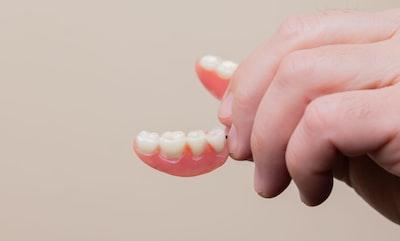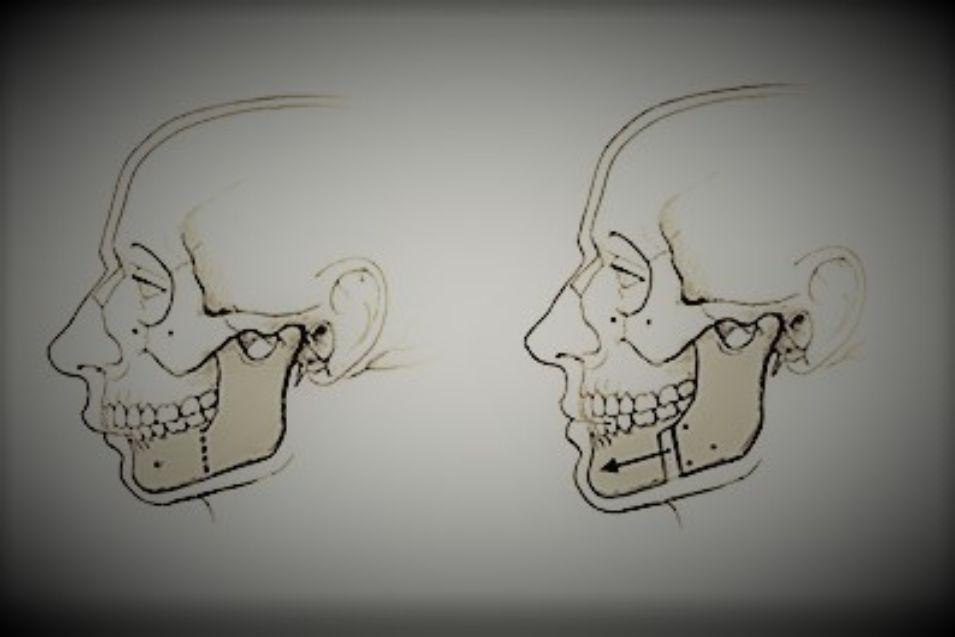Oral Facial Surgery, also known as maxillofacial surgery, is a specialized surgical practice that focuses on treating a variety of injuries, defects, and disorders in the head, neck, face, jaws, and the hard and soft tissues of the oral and maxillofacial region. This type of surgery is often performed to improve the function and appearance of the facial structures, offering numerous benefits to patients.
Following dental school, an oral and maxillofacial surgical specialist spends four to six years in a hospital-based residency program. They may then pursue additional training in a subspecialty, such as head and neck surgery, microvascular reconstruction, or cosmetic facial surgery.
What Is Oral Facial Surgery?
Oral-facial surgery, also known as maxillofacial surgery, is a specialized branch of surgery that focuses on treating various conditions, injuries, and defects affecting the head, neck, face, jaws, and oral cavity. This type of surgery is performed by oral and maxillofacial surgeons, who are specially trained to diagnose and treat a wide range of conditions related to the jaws and face.
One of the main areas of focus for oral facial surgery is the treatment of impacted teeth, particularly wisdom teeth, which can cause pain, infection, and damage to surrounding teeth if not properly addressed. Oral facial surgeons also handle procedures such as dental implants, corrective jaw surgery, and treatment of facial trauma caused by accidents or injuries.
Oral facial surgery often involves the use of advanced techniques and technologies to address complex issues affecting the oral and facial structures. These can include orthognathic surgery to correct bite and jaw alignment, as well as the use of 3D imaging and computer-assisted planning for more precise and effective treatment. The goal of oral facial surgery is to improve both the function and appearance of the oral and facial regions, helping patients to achieve better overall health and quality of life.
Realted Article: Orofacial Myofunctional Therapy
Oral Facial Surgery Benefits
Oral Facial Surgery, also known as maxillofacial surgery, is a specialized surgical practice that focuses on treating a variety of injuries, defects, and disorders in the head, neck, face, jaws, and the hard and soft tissues of the oral and maxillofacial region. This type of surgery is often performed to improve the function and appearance of the facial structures, offering numerous benefits to patients.
One of the main benefits of oral facial surgery is the ability to correct a wide range of facial skeletal deformities, such as misaligned jaws, facial asymmetry, and protruding or recessed jaws. These issues can not only affect a person’s appearance but also lead to difficulties with chewing, speaking, and breathing. With the help of maxillofacial surgery, patients can achieve improved facial harmony and function, leading to a higher quality of life.
Another benefit of this type of surgery is the treatment of facial trauma resulting from accidents, sports injuries, or assaults. Maxillofacial surgeons are trained to address complex facial injuries, including fractures of the jaw, cheekbones, nose, and orbital sockets. By undergoing oral facial surgery, patients may experience improved facial aesthetics and restored functionality following a traumatic event.

Types Of Oral Facial Surgery
Oral facial surgery encompasses a wide range of procedures aimed at correcting issues with the mouth, jaw, and face. These procedures can address a variety of problems, from impacted teeth to facial trauma, and can greatly improve a patient’s quality of life.
Dental Implants
Dental implants are long-term replacements for missing teeth that can restore a person’s smile and chewing ability. Surgically placed by an oral and maxillofacial surgeon, periodontist or dentist, dental implants look, feel and function like natural teeth.
Implants replace both the tooth’s root and crown, preventing bone loss in the area and helping preserve facial structure. They also provide a stable foundation for fixed or removable replacement teeth.
The process for placing a dental implant starts with an examination and consultation by a team of specialists, including your dentist, oral surgeon and/or periodontist or prosthodontist. A medical history is reviewed, X-rays and 3D imaging are taken and models of the jaw and teeth may be made to determine suitability for implants.
Bone Grafting
Bone grafting can be done in oral facial surgery to build up or add bone structure to an area that is missing, thin or soft. This can be used to treat a variety of conditions, including bone loss from periodontal (gum) disease or injuries to the jaw.
During this procedure, bone material is harvested from your body or another donor site. This graft material is placed where it will fuse with existing bone, providing greater mass to support dental implants.
The graft material is then covered with a resorbable membrane, which encourages the bone to grow, heal and regenerate. This technique is called Guided Bone Regeneration and can be a useful tool for rebuilding and restoring jawbone height and width to prepare your mouth for implant placement.
Recovery from a bone graft is usually mild and only requires over-the-counter pain relievers, like aspirin, for a few days after the procedure. If you experience significant swelling or pain, call your doctor right away.
Wisdom Tooth Removal
Wisdom teeth are the third set of molars in your mouth. They’re typically the last teeth to erupt. However, they can be impacted, partially erupted or vary in position.
The decision to remove these teeth can be made after a thorough consultation and X-rays of your oral cavity. This can include a discussion of the risks of extraction and how it will impact your future dental care.
Younger patients tend to have a lower risk of complications during this procedure because their roots have not yet formed and their jaw bone is more flexible and elastic. This can make the removal of the teeth easier and reduce the risk of bone fractures.
After wisdom tooth removal, you may experience some discomfort, swelling and bruising in your mouth. You can relieve this by using ice packs and resting. You should also avoid spitting or chewing on the area, as it can dislodge the blood clot that is protecting the socket.
Facial Trauma
Oral facial surgery involves treatment of injuries to the face, jaws and mouth. These injuries can include bone fractures, lacerations and soft tissue injury.
Broken bones in the face can cause complications if not repaired correctly. These can impact vision, breathing, chewing and speaking.
In most cases, facial bones can be reconstructed with specialized plates and screws that hold the bone in place. These are similar to the plates and screws that are used in broken bones such as a leg or arm.
Oral and maxillofacial surgeons are uniquely trained to handle these types of traumatic injuries. They are also highly skilled at restoring facial proportions, repairing damaged or missing teeth and reestablishing the functionality of jaw joints and bites.
Recovery From Oral Facial Surgery
Recovery from oral facial surgery is an important aspect of the overall treatment process. Whether it’s a wisdom tooth extraction, corrective jaw surgery, or facial trauma repair, proper recovery is crucial for successful outcomes. Patients undergoing oral facial surgery must follow post-operative care instructions to minimize discomfort, reduce the risk of complications, and ensure a smooth recovery.
Following oral facial surgery, patients may experience swelling, discomfort, and mild bleeding. It’s important to rest and avoid strenuous activities to allow the body to heal. In some cases, the surgeon may recommend a special diet or prescribe pain medication to manage discomfort. It’s essential to follow all post-operative care instructions provided by the surgeon to facilitate healing and minimize the risk of complications.
| Recovery Tips for Oral Facial Surgery: |
|---|
| • Follow post-operative care instructions provided by the surgeon |
| • Rest and avoid strenuous activities |
| • Use ice packs to reduce swelling |
| • Maintain proper oral hygiene |
| • Attend all follow-up appointments with the surgeon |
Additionally, maintaining proper oral hygiene is essential during the recovery process. Patients should gently brush their teeth and rinse their mouth as instructed by the surgeon. It’s also important to attend all follow-up appointments to ensure that the recovery is progressing as expected. By following these recovery tips and guidelines, patients can achieve a successful recovery from oral facial surgery and restore their oral and facial health.
Risks And Complications
One of the most common risks associated with Oral Facial Surgery is infection. Following surgery, there is always a risk of developing an infection at the surgical site. This is why it is important for patients to carefully follow all post-operative care instructions provided by their surgeon. In some cases, additional treatment such as antibiotics may be necessary to prevent or treat an infection.
Another potential complication of Oral Facial Surgery is nerve damage. This risk can vary depending on the type of surgery being performed, but it is important for patients to understand that there is a possibility of temporary or even permanent nerve damage following certain procedures. Patients should discuss the potential for nerve damage with their surgeon prior to surgery.
